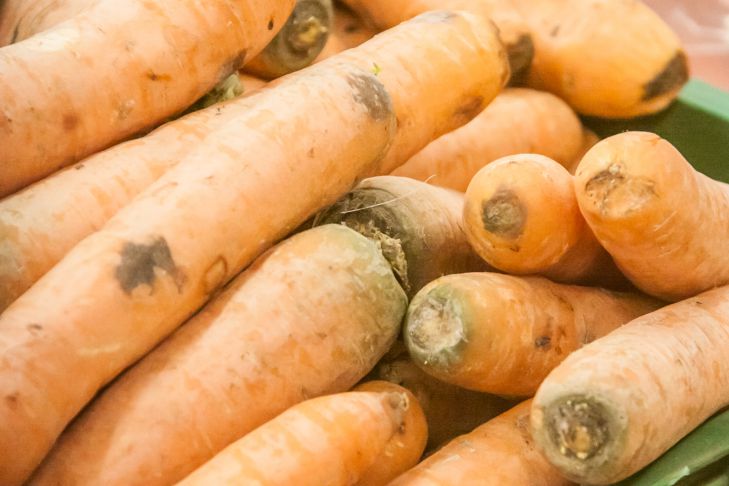Carrots are a capricious root crop: either the soil is too dense, or the acidity is high, or pests eat the tops.
But what if the solution to all these problems lies in your trash can?
Eggshells, which we usually throw away, contain record amounts of calcium, magnesium and phosphorus.

These elements strengthen the cellular structure of the root crop, making it smooth, juicy and resistant to parasites.
Collect the shells of 20-30 eggs, wash them, dry them and grind them in a coffee grinder or mortar. A week before sowing carrots, add the powder to the beds at a rate of 1 cup per square meter, mixing it with the soil.
Calcium will reduce the acidity of the soil, and the sharp edges of the shell will become a barrier for slugs and mole crickets.
When the carrots begin to grow, their roots will easily penetrate deep, without being deformed by lumps of clay - the shell loosens the soil no worse than sand.
An additional bonus: as the shell decomposes, it gradually saturates the soil with microelements, which is especially important at the stage of root crop formation.
Those who use this method note that the carrots grow longer and sweeter, and the core does not become woody.
For maximum effect, add a pinch of ground shells to the holes when planting - this will protect the seedlings from rot.
But remember: the shell dissolves slowly, so the method only works if applied in advance.
If you forgot to prepare the bed in the spring, no problem. Sprinkle crushed shells between the rows during the season - rain and watering will deliver calcium to the roots.
The result will surprise you: the carrots will be so large that you will have to dig them up with a shovel, not a pitchfork.
